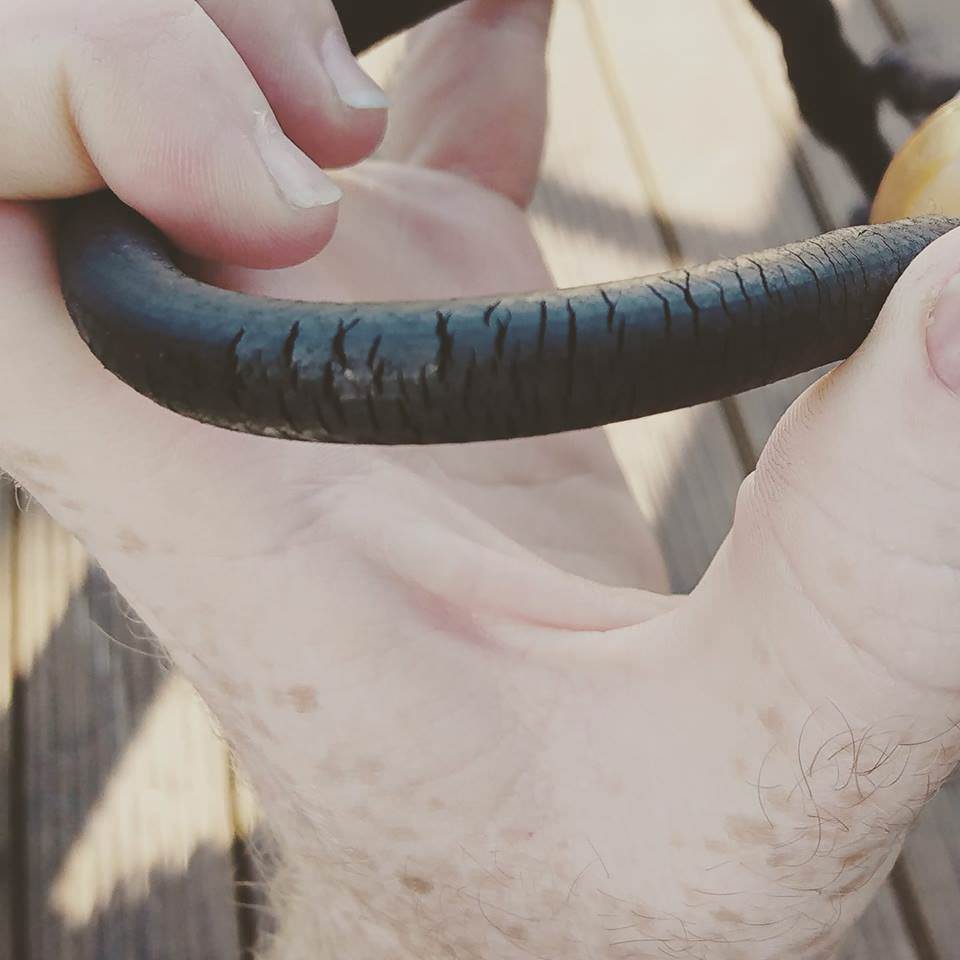Elibomrod68
Well-known member
- Joined
- Nov 8, 2017
- Messages
- 53
- Reaction score
- 8
Have just been doing a few jobs for my bro in law on his van. Opened garage to find horrific smell of fuel and a weeping fuel line coming out of tank. Tried pinching pipe but leaked there too. Had some proper pipe so replaced the lot.
His pipe had been changed two years ago, was that crappy woven covered type.
Please everyone go and check your vans and throw out all of this cheap unsuitable pipe. Plenty of posts of which say best type.
Close shave, it was dripping into the exhaust manifold!
Cut the hose in two, completely perished...
Stay safe
Si
His pipe had been changed two years ago, was that crappy woven covered type.
Please everyone go and check your vans and throw out all of this cheap unsuitable pipe. Plenty of posts of which say best type.
Close shave, it was dripping into the exhaust manifold!
Cut the hose in two, completely perished...
Stay safe
Si


